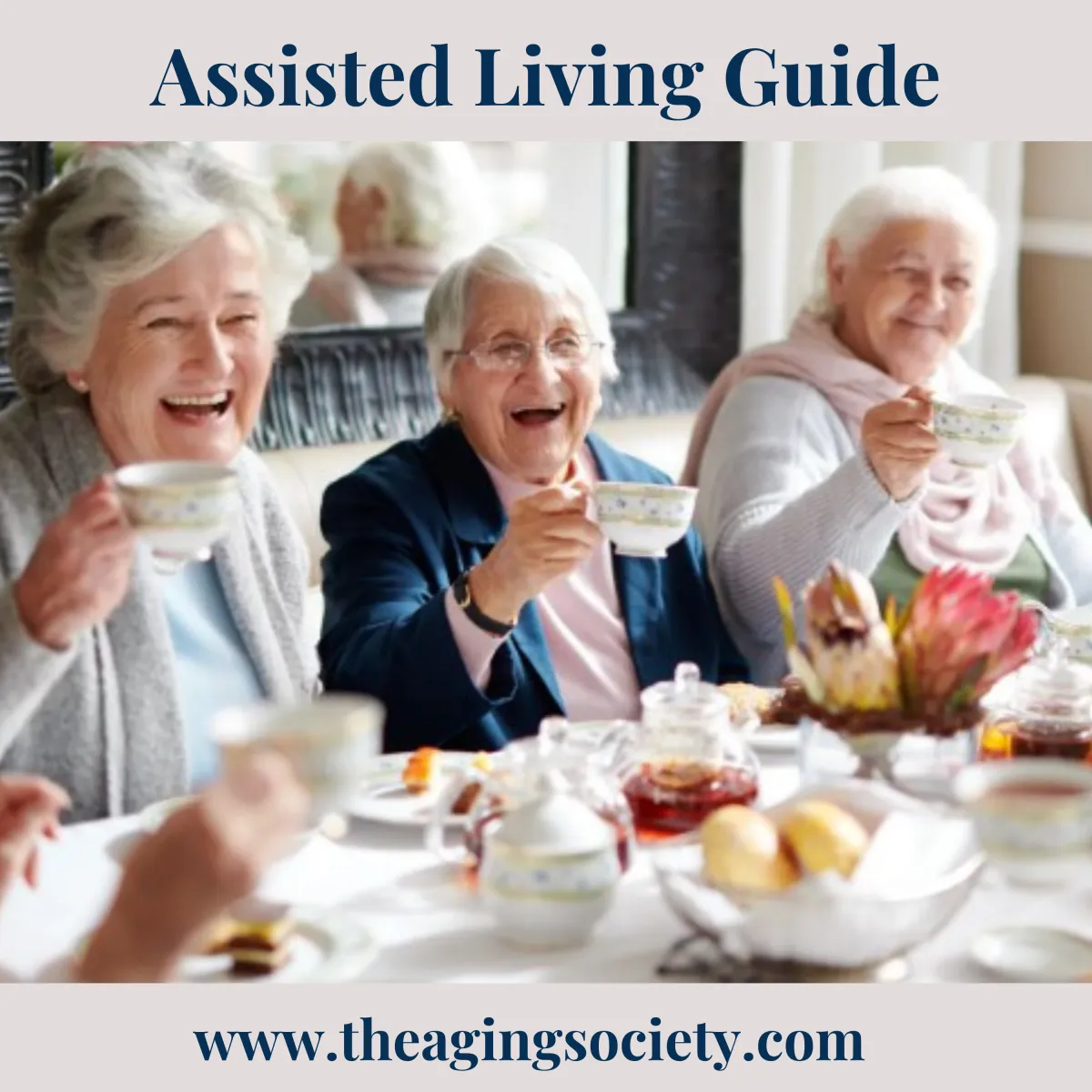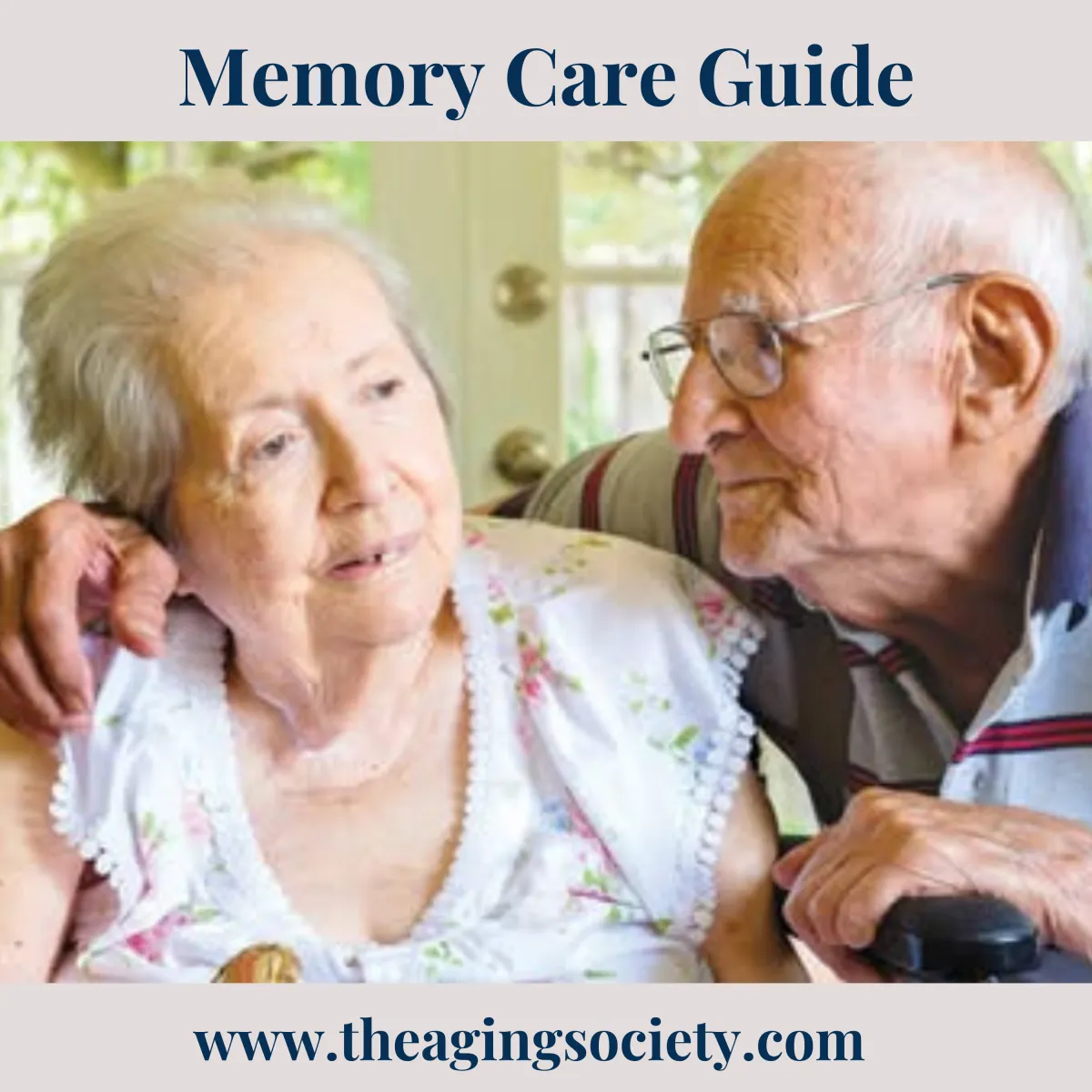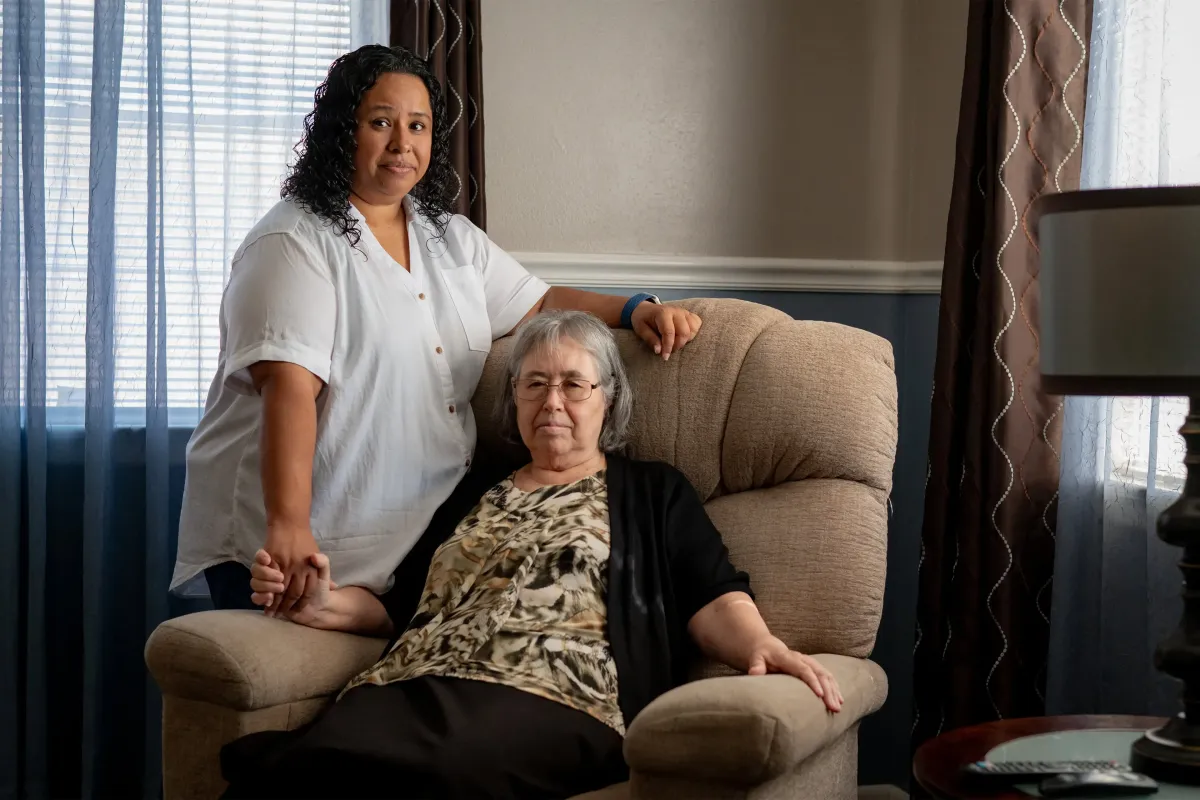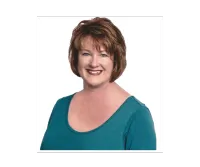Gentle Support For The Caregiver Who Never Asks for Help
Because You Care Deeply
You don’t complain. You don’t make a scene. You just keep showing up.
You remember the medications. You clean the dishes. You rearrange your life around everyone else’s needs. And somehow, people still say, "You’re so strong."
But what they don’t see is the cost. The exhaustion. The silent resentment. The fear of what happens if you don’t show up.
This space is for you. The caregiver who’s been steady, quiet, and under-supported for too long.
You Don’t Have to Be the Strong One Every Day
There is no award for doing this silently. And there’s nothing weak about needing support. What you might need most right now is:
Permission to stop holding it all in
Words to explain what you’re carrying
Tools that lighten your load without adding more to it
You’ll find all of that here. And no one will ask you to "do more" to get it.
What You'll Find Here
📖 Blog Posts That Get It Stories and strategies for caregivers who feel like they have to be everything for everyone.
✨ Soft Tools for Heavy Days Scripts, reminders, and simple shifts that take the edge off the overwhelm.
🚫 Zero Judgment, Just Relief Products and resources that help you rest, cope, and recover. No guilt attached.
Start With Something Small:
One Small Shift
A gentle daily moment of support, from one caregiver to another.
Between doctor’s appointments, work calls, and trying to remember when you last took a deep breath, it’s a lot. You don’t need a 40-page guide. You need one helpful thing that actually fits into your day.
That’s what One Small Shift brings:
📧 One short email each day (takes under two minutes to read)
💞 A real story, tool, or mindset shift from a caregiver like you
🛠 A small action that helps you feel lighter, emotionally or practically
Free. Gentle. Real-life tested.
🔓 Plus, when you join, you unlock helpful tools like:
✅The Caregiver Starter Kit
✅Mistakes to Avoid When Choosing Care
✅Senior Living Tour Checklist
✅Clarity Checklist: What Your Parent Really Needs
✅40+ Trusted Resources Directory
You deserve support that works in your real life — not just on paper.
You’ve Been Strong Long Enough
This isn’t about letting go of your strength. It’s about letting someone else support it, too. Start where you are. And know that needing help doesn’t make you weaker. It makes you human.
Talk With Purpose
31 Days of Scripts & Strategies For Families Navigating Senior Living Options
If conversations about caregiving feel heavy, tense, or just too complicated to start, this guide was made with you in mind. You’ll get 31 scripts written for real-life moments:
✅Checking in on a parent without sounding pushy
✅Asking for help from siblings without guilt
✅Starting care planning talks without sparking conflict
Each script comes with:
✅ A relatable Scenario
✅ A ready-to-use Script
✅ A short Strategy Tip so you understand why it works
✅ A Reflection Prompt to help you build confidence over time
You don’t have to go in order. You don’t have to finish it fast. And you definitely don’t have to do it all at once. Start with the part that feels easiest.
There’s even a page called: “Ways to use this even when you’re exhausted.”
Because connection shouldn’t require perfection, just a little help getting started.
Support Isn’t Giving Up
It’s Planning With Love
You’ve been showing up, day after day, checking in, filling in the gaps, carrying more than most people see.
If the conversations you’ve started with Talk With Purpose have you thinking, “What happens next? What if this gets bigger than I can handle?” You’re not alone and you’re not behind. The Senior Living Guides were made for moments like this.
Whether you’re considering home care, assisted living, or just starting to explore what’s out there, each guide gently walks you through:
What each care option really means
What questions to ask (without sounding pushy)
How to talk about it with your parent and siblings
What small step you can take, even if a decision feels far off
You’re not making promises. You’re not giving up. You’re just gathering information with love, because that’s who you are.

Not ready for a big move? This guide walks you through what quality home care looks like, how to choose the right help, and how to protect your parent’s safety and independence.

Wondering if your parent just needs a little community and support, but not full-time care? This guide helps you evaluate independent living options, including key questions and red flags.

From bathing and meals to meds and mobility, this guide helps you know when assisted living might be the right step, how to tour facilities, and how to make the decision with less guilt and more confidence.

When memory loss is affecting safety or personality, this guide helps you understand what memory care really means, and how to make a thoughtful plan rooted in love and reality.
Gentle Help For The Quiet Caregivers
One Small Story
These posts are for caregivers who show up every day, and rarely ask for anything in return.
Here, you’ll find calm, reassuring guidance that meets you in your quiet strength.
Because even the most dependable caregivers need care too, especially the ones who never say it out loud.

When Your Parent Refuses Help: Gentle Ways to Build Trust and Connection
💡 Caregiver Aha! Moment:
You may feel invisible, but you’re not. Not here.
When your parent refuses help, it’s not just about the task; it’s about what they’re afraid of losing.
The Moment You’ve Lived Through
You offer to help. Maybe it’s with bathing, getting to an appointment, or managing medication.
Your mom snaps back:
“I don’t need help. Stop treating me like I’m helpless.”
Your heart sinks. You were trying to care for her, and somehow it turned into conflict.
You back off, frustrated and confused. Later, guilt creeps in. You wonder if you pushed too hard or gave up too soon.
What’s Really Going On Underneath
When aging parents resist help, it’s rarely about the help itself. It’s about:
Fear of losing independence
Pride in what they can still do
Shame around needing care
Anxiety about becoming a burden
For them, accepting help can feel like admitting defeat. For you, it can feel like a door slammed shut.
Recognizing these emotions is the first step to changing the dynamic.
Why Most Conversations Go Wrong
When emotions run high, we often default to reactions that escalate tension:
Arguing with logic:
“But you need help, look what happened last time.”Taking over:
“Fine, I’ll just do it myself.”Avoiding the topic:
Waiting until a crisis forces the issue.
These responses are natural, but they unintentionally reinforce resistance.
How to Respond with Love (and Still Make Progress)
The goal isn’t to win an argument, it’s to create safety in the conversation.
Here are gentle scripts you can try the next time you hear, “I don’t need help.”
Validate First
“Mom, I know you’re capable. I’m not trying to take over, I just want to make things easier for you.”Ask Instead of Tell
“What part feels hardest about letting me help?”
(Then listen. Truly listen.)Offer Choices, Not Ultimatums
“You don’t have to let me do everything. What’s one thing you’d be okay with me helping on?”
Steps Forward
Pause before reacting. Let the tension breathe.
Validate their autonomy. Use words that honor their independence.
Start small. Agree on one area of support before pushing for more.
These small shifts build trust, and trust opens the door for bigger help later.
💬 Caregiver Quote to Remember:
“The strongest relationships aren’t built on doing everything, they’re built on doing the right things together.”
When the Conversation Still Feels Hard
If these talks leave you walking on eggshells, you’re not alone. You don’t have to figure out what to say by trial and error.
The Conversation Clarity Report gives you:
Scripts tailored to your exact situation
A guided plan to lower tension
Confidence that you’re saying the right thing at the right time
FAQs About When a Parent Refuses Help
Why does my parent get angry when I offer help?
Anger is often a mask for fear or frustration. Your parent may feel their independence is slipping away, and anger becomes a way to protect their sense of control.
How can I encourage help without pushing too hard?
Start small. Offer assistance in one area they feel comfortable with and build from there. Use language that respects their autonomy.
What if my parent’s refusal puts them at risk?
Safety comes first. If they are in immediate danger, step in as needed. For ongoing concerns, involve their doctor or a neutral third party to help guide decisions.
Should I get professional support for these conversations?
Yes, sometimes an outside perspective helps. Consider consulting a senior care planner or a family therapist who specializes in aging dynamics.
Where to Find More Support
While you’re learning to navigate this season, here are a few resources to keep in your pocket:
The Aging Society Resource Center – Free and low-cost tools for every stage of senior care.
Follow on Pinterest – Daily tips to approach senior care with clarity and calm.
💌 Want more bite-sized tips?
Sign up for Family Matters, my weekly newsletter packed with quick, practical guidance to help you feel more supported in this journey.
Recommended Product:
🎯 Amazon Pick: Weekly Pill Organizer – A simple yet empowering way for your parent to manage their medications while maintaining independence.
💡 You may feel invisible, but you’re not. Not here. Not now. Not ever.
One Small Moment
From One Caregiver to Another
This isn’t just another resource drop. It’s a pause. A moment. A soft landing at the end of a hard week. Whether you’re managing appointments, navigating family conflict, or just trying to keep going without falling apart, you deserve a space that sees you.
Join the newsletter with 2000+ Caregivers like you who trust The Aging Society for emotional clarity, practical support, and honest conversation.
You show up for everyone else. Let this newsletter show up for you!
From Other Caregivers Like You
“I didn’t realize how much I was carrying until I read one of the posts and started crying. It was the first time I felt seen.”
“This site feels like a soft landing. It doesn’t push you — it just helps you feel less alone, one small thing at a time.”
“I used to think I wasn’t a ‘real’ caregiver because I wasn’t doing the medical stuff. Now I know that showing up, emotionally, mentally, matters too.”
“People always tell me I’m strong. But what I needed was someone to say, ‘You don’t have to do it all.’ That’s what I found here.”
“What I needed wasn’t more information, it was permission to act without guilt. This space helped me trust myself again.”
"The tools here don’t just give you information, they make it feel doable. From the match guide to the family scripts, I finally feel like I can handle what’s ahead without losing myself in the process."
© 2025 The Aging Society. All rights reserved.
For families navigating senior care, find clarity, compassionate support, and trusted resources for senior care.
It all starts with One Small Shift.
